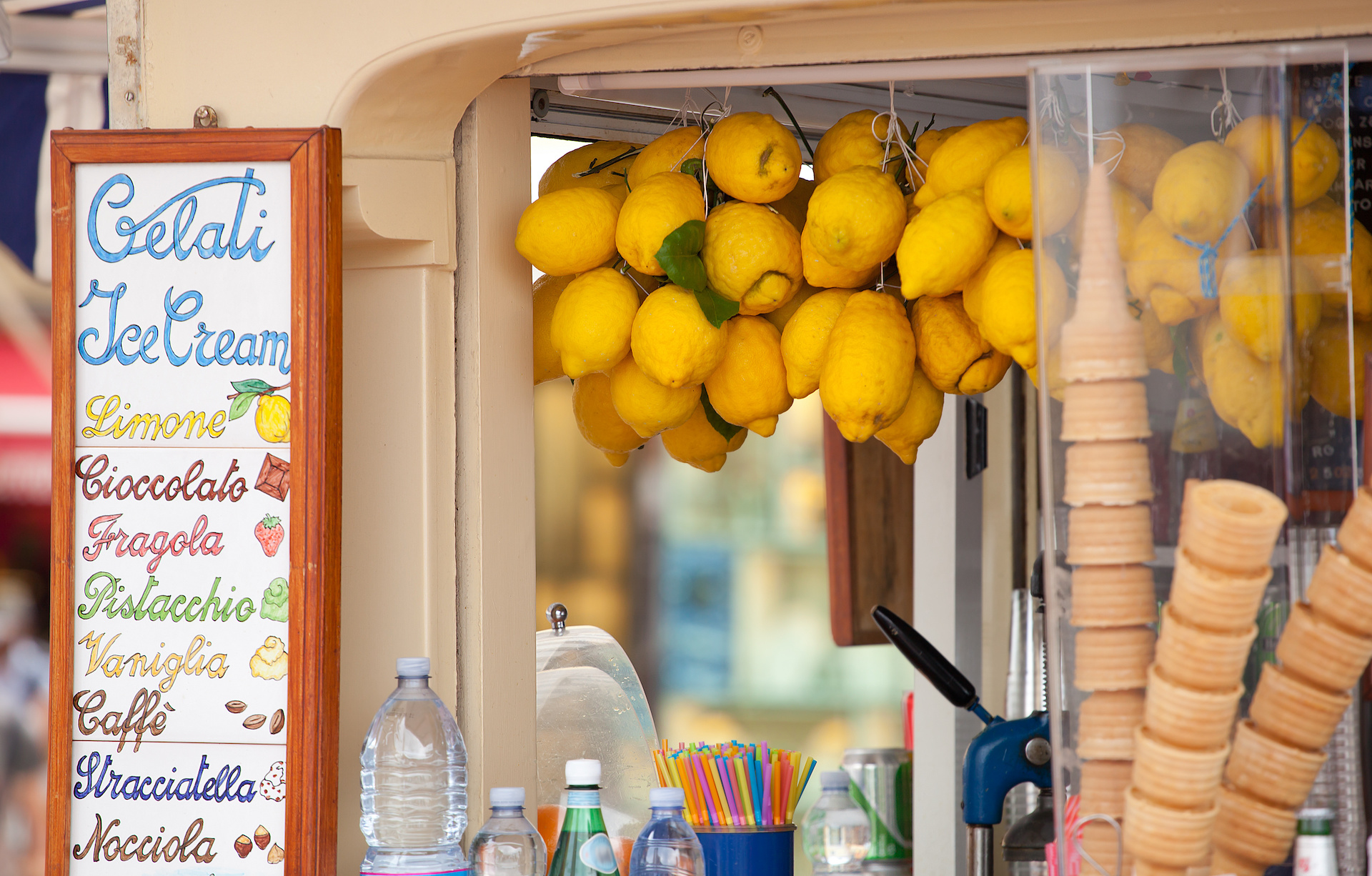
Lemons hold significant importance in Capri due to their historical, cultural, and agricultural significance to the island.
Here are a few reasons why lemons are important in Capri:
- Limoncello Production: Capri is renowned for its production of Limoncello, a traditional Italian liqueur made from lemon zest, alcohol, sugar, and water. The island’s lemons, specifically the variety known as “Femminiello,” are highly prized for their aromatic and flavorful qualities, making them ideal for creating this iconic liqueur.
- Culinary Delights: Lemons are an integral part of Caprese cuisine. The island’s lemons are used in various dishes, adding a burst of tangy flavor to seafood, salads, desserts, and sauces. Lemon-infused olive oils and lemon-based dressings are also popular in local recipes.
- Traditional Crafts: Lemon-related crafts play a significant role in Capri’s artisanal traditions. The island is known for its handmade lemon-shaped ceramics, including dishes, tiles, and decorative items. These artisanal creations celebrate the island’s deep connection to lemons and serve as cherished souvenirs for visitors.
- Scenic Lemon Groves: Capri’s lemon groves, with their lush green foliage and vibrant yellow fruits, contribute to the island’s picturesque landscape. The terraced lemon gardens, known as “limoneti,” create a stunning visual backdrop, especially when juxtaposed against the azure sea and rugged cliffs. Exploring these lemon groves is a delightful experience, allowing visitors to immerse themselves in Capri’s natural beauty.
- Symbol of Capri: Lemons have become a symbol of Capri’s identity and charm. The image of lemons is often associated with the island, appearing on postcards, artwork, and local products. The bright, cheerful lemon motifs reflect the island’s vibrant spirit and allure.
Overall, lemons are important in Capri not only for their practical uses in cuisine and craftsmanship but also for the intrinsic cultural and aesthetic value they bring to the island. The cultivation of lemons has shaped the identity of Capri and continues to be an integral part of its heritage.
